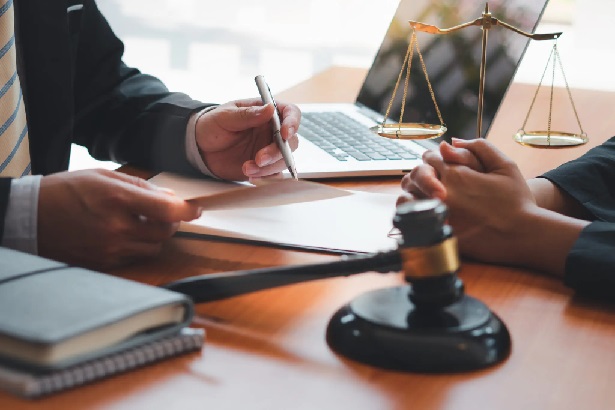The role of an expert witness in psychology is often underestimated during legal proceedings. Psychology experts testifying as witnesses during jury trials play a crucial role in shedding light on complex psychological aspects of a case. They help judges and juries understand the human mind, behavior, and motivations, ultimately influencing the outcome of trials.
This article explores how an expert witness in psychology makes a significant difference in the courtroom, bridging the gap between the legal and psychological realms.
The Expert Witness in Psychology: An Overview
An expert witness in psychology is a licensed psychologist with specialized knowledge and experience in a particular area of psychology. They are called upon to provide expert opinions and testify in court cases where psychological factors are relevant. These professionals bridge the complex world of psychology and the legal system, translating intricate concepts into language that judges and juries can comprehend.
1. Clarifying Psychological Concepts
Legal cases often involve intricate psychological concepts and theories that can be challenging for non-experts to grasp. These experts simplify concepts and ensure that the judges and juries clearly understand the psychological factors at play. Whether it is explaining the nuances of a mental disorder, the impact of trauma, or the assessment of competency, these experts break down complex ideas into digestible information.
2. Providing Objective Analysis
One of the critical roles these professionals play is to provide objective analysis. They do not advocate for one side or the other but offer an impartial evaluation based on their expertise. Their testimony helps the court make informed decisions considering the psychological well-being and rights of the individuals involved in the case.
3. Assessing Credibility
In cases where witness testimony is crucial, these professionals can assess the credibility of witnesses, including evaluating the validity of claims related to memory, perception, or traumatic experiences. Their expertise in human behavior and cognition enables them to identify inconsistencies or potential biases in witness statements.
4. Evaluating Competency and Fitness
Psychologists often testify in cases involving competency and fitness for legal proceedings. They assess whether individuals are mentally capable of standing trial, making informed decisions, or managing their affairs. These subject matter experts provide critical insights into these assessments, ensuring that justice is served while considering the mental health of the individuals involved.
5. Mitigating Sentencing
These experts may play a vital role in criminal cases in mitigating sentencing. They can provide evidence regarding an individual’s mental state, history, and the potential for rehabilitation. Their testimony may influence the court’s decision to consider alternatives to incarceration, such as counseling, therapy, or treatment programs, ultimately aiming for the best outcome for the defendant and society. An expert witness psychology is a professional who is an unsung hero in the legal system, working diligently to bridge the gap between psychology’s complexities and the courtroom’s demands. Their expertise is instrumental in clarifying psychological concepts, providing objective analysis, assessing credibility, evaluating competency and fitness, and mitigating criminal sentencing. These experts serve as invaluable resources, ensuring that the legal system considers the psychological well-being and rights of those involved in court cases.

